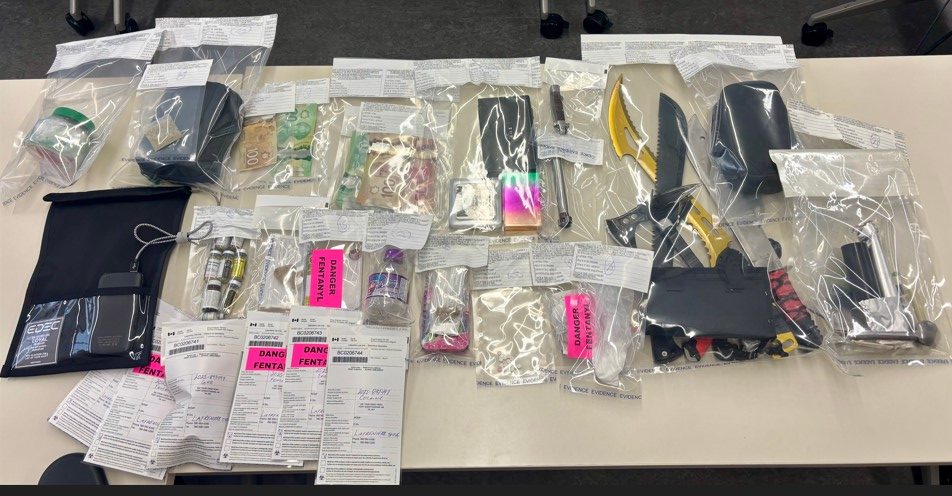According to Alberta’s Integrated Child Exploitation Unit (ICE), there is a concerning rise in deep fakes—AI-generated images, videos, or audio recordings that appear authentic but are fabricated. Many of these involve sexually explicit content depicting children.
Cybertip.ca, Canada’s tip line for reporting online sexual exploitation and abuse of children, has processed nearly 4,000 images and videos this year alone involving Canadian children and youth.
Despite deep fakes falling under child pornography laws, including production and distribution of child sexual abuse material, investigating these cases is challenging due to many offenders operating outside Canada, with a significant number originating from West Africa.
Community involvement is crucial in protecting children. The first step involves becoming informed and educating children about the risks of sharing photos online. Parents are advised to carefully consider sharing content of their children online.
Remaining vigilant and informed about evolving technology is essential for families. The Canadian Centre for Child Protection offers resources and educational materials for both children and adults to navigate these challenges.







